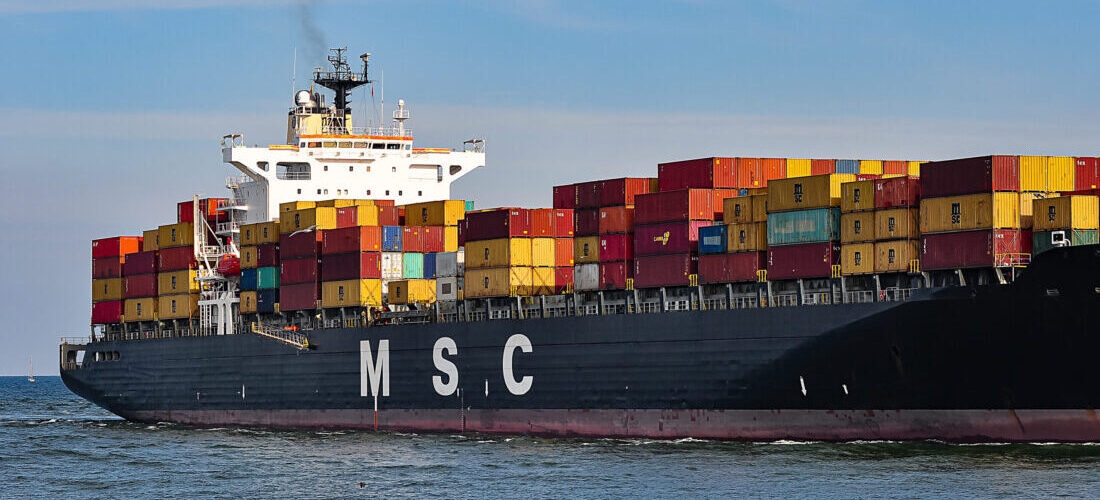
MSC launches global electronic bills of lading
Apr, 28, 2021 Posted by andrew_lorimerWeek 202118
After running pilot projects in select countries since 2019, Mediterranean Shipping Co (MSC) has officially launched the electronic bill of lading (eBL) for all customers worldwide, paving the way for widespread eBL adoption.
The eBL enables shippers and other supply chain stakeholders to receive and transmit the bill of lading document electronically, without any change or disruption to day-to-day business operations.
MSC used WAVE BL blockchain platform for its pilot phase. WAVE BL uses distributed ledger technology to ensure that all parties involved in a cargo shipment booking can issue, transfer, endorse and manage documents through a secure, decentralised network, containerline giant explained.
“MSC has chosen WAVE BL because it is the only solution that mirrors the traditional paper-based process that the shipping and cargo transportation industry is used to,” said André Simha, global chief digital & information officer at MSC. “It provides a digital alternative to all the possibilities available with traditional print documents, just much faster and more secure.”
MSC has been one of the pioneers behind the industry’s digital transformation. As a founding member of the Digital Container Shipping Association (DCSA), MSC has participated in a number of initiatives focused on driving standardisation, digitalisation and interoperability in container shipping. André Simha is also the chairman of DCSA.
“Traditionally, the shipping industry has relied quite heavily on physical paper documents. And among these, the BL is the most important transport document in international trade,” stated Simha. “While there have been attempts to create an eBL solution in the past, we are now in a position to introduce a solution that can pave the way to mass eBL adoption, which will mean significant savings for the shipping industry.”
DCSA research indicates that by achieving just 50% eBL adoption by 2030, the industry could potentially save more than $4bn per year.
“Eliminating paper from the shipping transaction will make every aspect of commercial container shipping better, faster, more effective, more secure and environmentally-friendly,” Simha said. “In a matter of a few years, we expect the eBL to become the new norm.”
Source: Splash 247
-
Meat
Mar, 05, 2025
0
Brazil’s food exports to Libya grow
-
Blog News (ENG)
Oct, 11, 2022
0
Importers flight to potentially cause Port of Itajaí stoppage, warn local businesses
-
Other Cargo
Jun, 18, 2021
0
Cotton market already registers fiber purchase and sale deals with delivery in 2023
-
Other Cargo
Aug, 08, 2021
0
Wood is again shipped directly from the ship’s hold at the Port of Paranaguá

